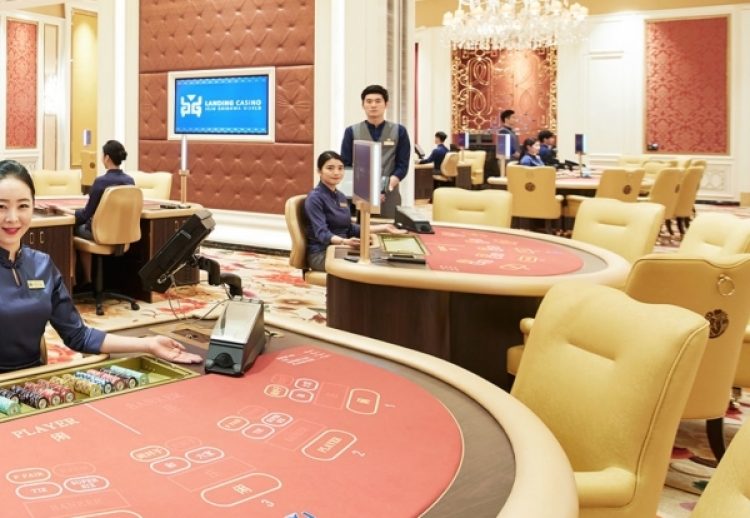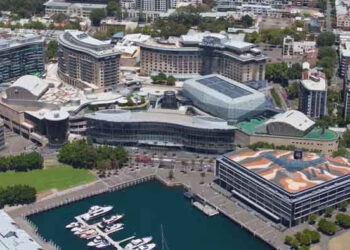Landing International Development Ltd, which operates Korean integrated resort Jeju Shinhwa World, has undertaken its capital reorganization after shareholders voted overwhelmingly in favor of the move at a board meeting this week.
The reorganization includes a share consolidation in which every 50 issued existing shares of a par value of HK$0.01 each are to be consolidated into one consolidated share of a par value of HK$0.50 each. It also includes a capital reduction whereby the issued share capital of the company will be reduced by rounding down the number of consolidated shares in the issued share capital of the company to the nearest whole number by cancelling any fraction of a consolidated share. The paid-up capital of the company to the extent of HK$0.49 on each of the then issued consolidated shares will be cancelled so that the par value of each issued consolidated share would be reduced from HK$0.50 to HK$0.01.
In a filing to the Hong Kong Stock Exchange, Landing International revealed that 99.8% of votes were in favor of the proposal and just 0.2% against. It added that dealings in the new shares commenced on Wednesday with board lot sizes for the trading of the shares changing from 60,000 existing shares to 1,200 new shares.
The result of the reorganization sees the amount of issued share capital reduced from HK$1.47 billion to HK$29.35 million and the number of issues shares from 146.7 billion to 2.9 billion. The number of unissued shares increases from 853.3 billion to 997.1 billion.
According to an earlier announcement, the primary reason behind the reorganization is to drive up the share price of the company.
“A very low share price, such as the current price of the existing shares, carries the undesirability of being viewed as a vehicle for speculation and this can have the effect of deterring potential investors, and in particular institutional investors,” Landing said. “The board is aware that certain brokerage houses and institutional investors have internal policies and practices that either prohibit them from investing in low-priced shares or tend to discourage individual brokers from recommending low-priced shares to their customers.
“The board believes that the higher trading price of the new shares will also enhance the company’s corporate image and therefore attract a broader range of institutional and professional investors to invest in the new shares, broadening the shareholder base of the company.
“This has multiple benefits for the company and its existing shareholders. More financing opportunities are likely to become available for the company if the new shares become an acceptable investment option for institutional investors.
“This would allow the company to pursue additional profit-generating ventures to support the company’s long term development. Greater investment by institutional investors is also likely to reduce the volatility of and stabilize the price of shares of the company, as such investors tend to have longer investment horizons.”






























